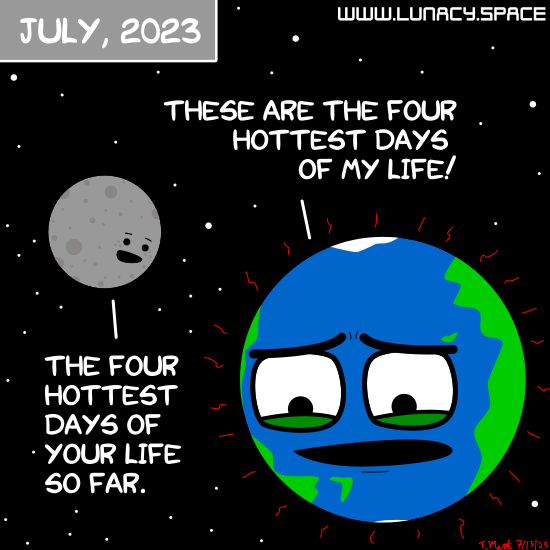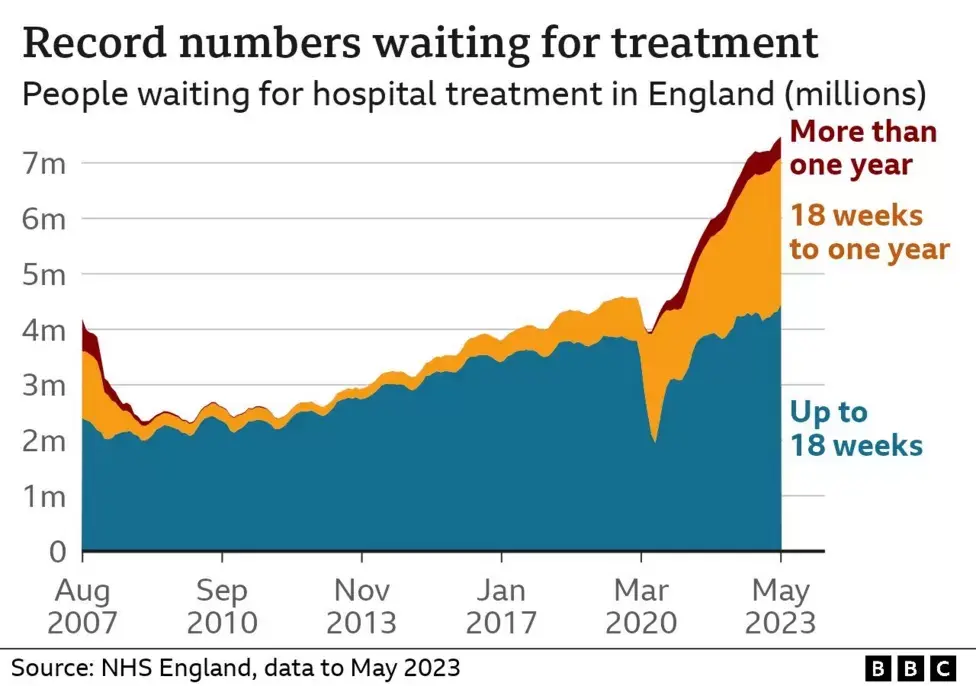Collapse
112 readers
1 users here now
This community is participating in a blackout against Lemmy for allowing free access to their API with no charge, rendering it affordable for third-party app developers to continue their services. The lack of prohibitive cost makes it easy to mod from mobile, promotes innovation, and gives unlimited user choice, and effectively opens up a significant portion of the culture we've all come to appreciate. Indeed, every third party app developer on Lemmy made essentially the same statement: "I don't have to shut down the app." Apps can also show ads which is a primary source of revenue. So not only do they not have to pay exorbitant fees, they can even mitigate those fees with ads.
founded 1 year ago
MODERATORS
1
2
3
5
6
7
8
9

